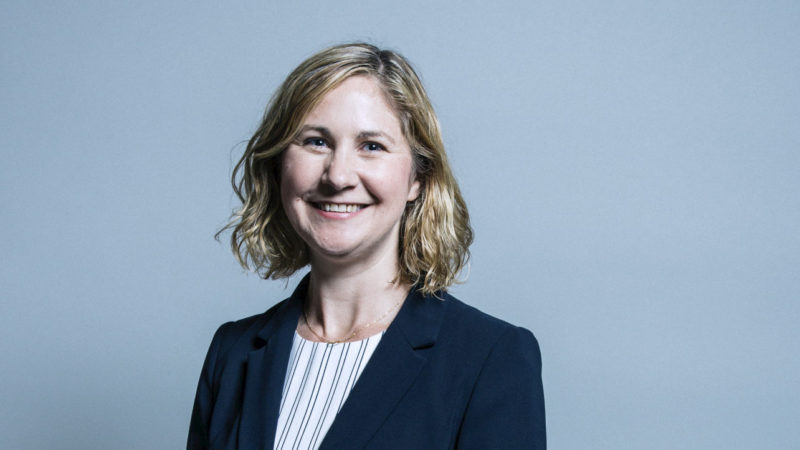
The coronavirus pandemic has shown how interconnected and vulnerable we all are to global challenges. A virus that began by first latching itself to one community has reverberated around the world with devastating effect.
Over 50 million people are known to have contracted the virus, and it has tragically claimed the lives of over one million people. These numbers continue to rise every day. From the relatively calm streets of London or New York to fragile conflict zones and communities on the frontlines of the climate emergency in Yemen or Bangladesh, nobody has been immune to the health or economic chaos that has followed.
At Prime Minister’s Questions this week, I asked the Prime Minister whether he was committed to stopping the UK’s retreat from the international stage by ruling out if he would honour his own manifesto commitment and rule out for cuts to the aid budget, which saves lives and builds resilience. His response was full of the usual bluff and bluster we have come to expect, with no straight answer. On Thursday, when pressed again by Keir during the integrated review statement, he failed to commit to past promises.
We are witnessing a rise in viral outbreaks and infectious diseases that attack the health of the vulnerable, an ecological catastrophe that uproots and displaces whole villages, towns or cities and fuels food insecurity, and conflicts that worsen as the race to control dwindling and scant resources intensifies. These challenges create or aggravate humanitarian crises, and in turn make life here in the UK less secure and the future more uncertain.
Life right now is tough for many people. Providing a stable home for your children, putting food on the table and worrying whether the paycheque will last until the end of the month are growing concerns. These fears and anxieties are not detached from daily struggles on the minds of people around the world. By working together, however, to tackle poverty and inequalities and create health and environmental security, we can partner countries and communities to ensure that we are better able to absorb future shocks and mitigate risks that have implications for us all and make achieving the fair, just and stable world we all deserve much harder.
UK aid spend isn’t just about solving immediate humanitarian, health and security challenges. It should also focus on tackling structural issues that prevent countries from becoming stable partners and the burning injustices that drive future emergencies. The aid budget must be protected to allow us to shield people overseas as well as at home. The 0.7% of UK GNI commitment is not only a moral good but a vital way to achieve future shared prosperity, peace around the world and security for the future.
During this pandemic, the values that we hold dear, such as fairness, equality and solidarity with our neighbours and partners, have come to the fore. Britain has a long, proud internationalist history, UK aid is testament of that. The Tories should not be allowed to break that tradition. Leave no-one behind is the core value of the UN Sustainable Development Goals – now is the time for the government to recommit to that mantra both overseas and here at home.
Cutting the aid budget does not allow us to meet our international obligations, and it would recklessly undermine the UK’s moral authority on the international stage at a time when we must be strengthening our hand ahead of hosting both the G7 summit and COP26 in 2021. If the Prime Minister slashes the UK aid budget, he is not only breaking the Conservatives’ own manifesto commitment, he is challenging both the spirit and letter of UK law.
So much rests on the UK being a force for good and a global leader. Aid saves lives and projects the future we want to secure for the next generation. In the middle of a pandemic and when the scale of need has never been so great across our interconnected world, the UK must not turn its back and retreat from the global stage.




More from LabourList
Nudification apps facilitate digital sexual assault – and they should be banned
Diane Abbott suspended from Labour after defending racism comments
Labour campaign groups join forces to call for reinstatement of MPs